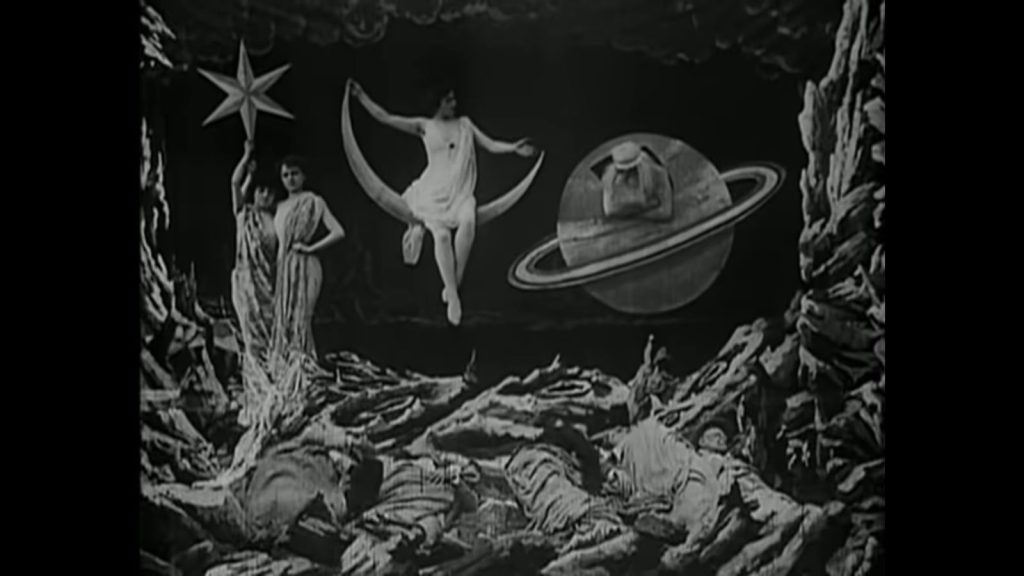There’s got to be a few, right? I’m not saying there’s not, but anything?
Sometimes research takes you in weird places. Honestly, I’m taking notes on Stephen Spielberg’s 2005 War of the Worlds and in disagreeing with a scholar’s opinion — well, part of the opinion, or actually the way the opinion was stated, fine, I didn’t like the tone of the opinion, okay??– I came across an abstract about Nocturnal Animals the 2017 Tom Ford film that I only know from TikTok.
I think it’s TikTok, or Instagram, the meme where you go to Netflix and watch the first few minutes of the movie and record your reaction because there’s nothing more shocking than fat bodies moving. Oh, wait, naked fat bodies. Eww!
Fuck you.
Anyhooos, I read the plot in the Wikipedias because I’m never spending money on that film and in the references list came across Victoria Coren Mitchell’s amaze-balls review: “I’m so glad to spoil this film for you” in The Guardian.
Director Tom Ford, a fashion designer by day and a film-maker with a gorgeous aesthetic touch, can make anything beautiful – and he really does it with these cadavers. The whole image could be hung in an art gallery, if it weren’t for the risk of flies. They look exactly how a pair of raped, murdered women wouldn’t look. But if you want to believe that a pair of raped, murdered women would be a lovely sight to behold, then Nocturnal Animals is the film for you.
Mitchell
And this, on that opening sequence of fat women existing:
On and on the dancing goes; we really get to have a good old goggle at the undulating folds of flesh. This is Ford’s David Lynch moment, but, in the darkest room of Tom Ford’s psyche, you don’t get dwarves speaking backwards, you get fat women dancing. Yeurggghhhhh, look at their rubbery tummies, their flabby thighs! Make it stop! Monsters! Fat fat fat fat fat!
And that’s what you get when you let a f***ing fashion designer make a film.
Mitchell
Hats off to you, for an unwavering review that says the quiet parts out loud. This movie sounds like shit. It reads like shit. It may have wonderful performances, but it’s probably shit.
Also, fuck Tom Ford too. Just all of it.


 www.washingtonpost.com/nation/2022/12/14/fortnite-epic-games-lawsuit-addictive
www.washingtonpost.com/nation/2022/12/14/fortnite-epic-games-lawsuit-addictive